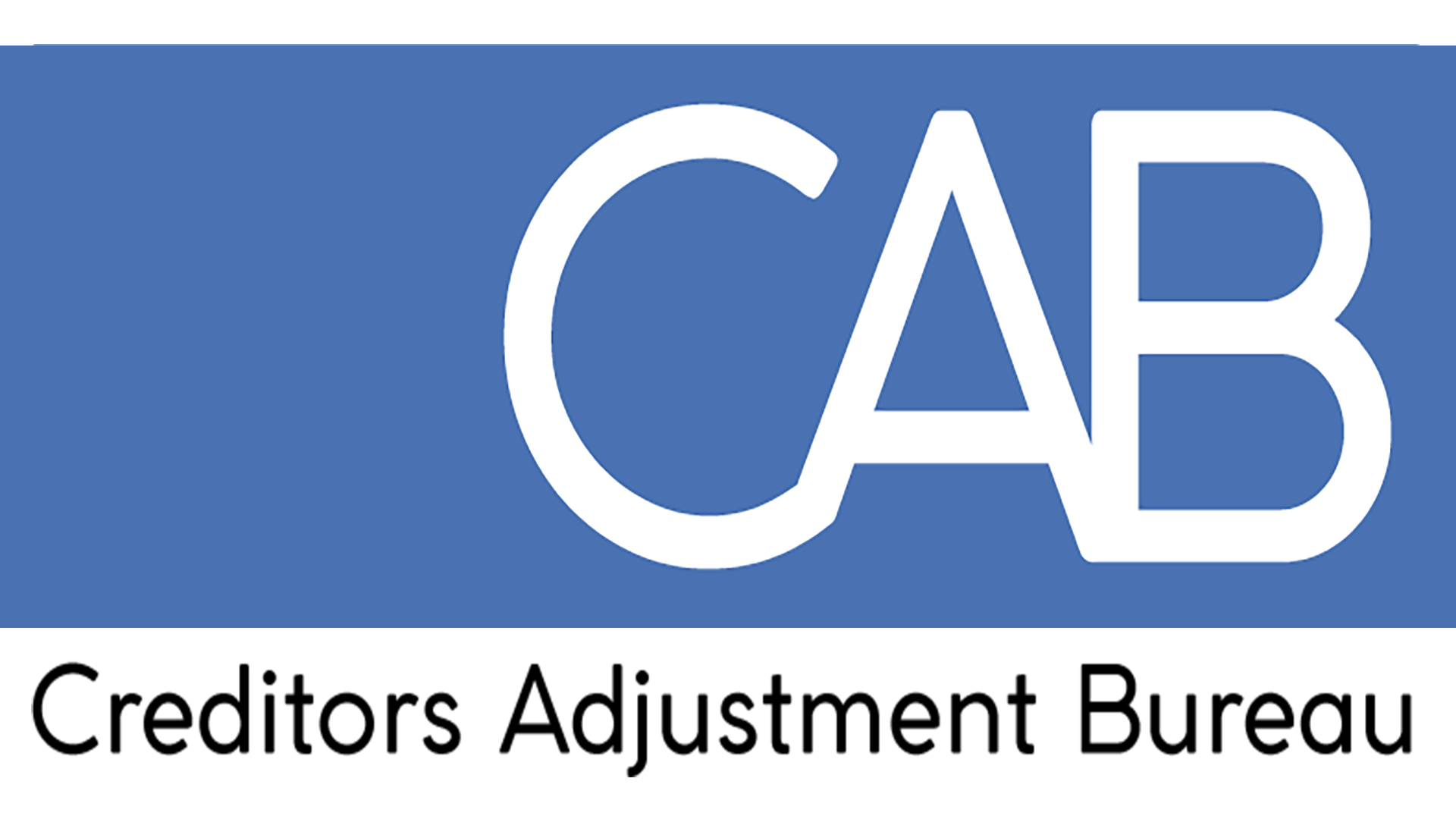Tips for Combatting Shortages and Delays
American business owners have witnessed unprecedented global supply chain disruptions in the past couple of years.
Even today, while the COVID-19 pandemic appears to be under control in the U.S. and Europe, China continues to implement severely restrictive protocols in some of its major cities. The Chinese government has shut down or curtailed operations in many of the country’s factories and warehouses, resulting in massive supply chain delays worldwide.
Additionally, Russia’s war in Ukraine is further disrupting the movement of commodities while also fueling high inflation. (See sidebar, “Logistical Impact of War in Ukraine.”)
Ripple Effect
Experts predict the repercussions from these logistical delays will continue to ripple through the global economy for the foreseeable future.

Logistical Impact of
War in Ukraine
Russia’s war on Ukraine is having an immense impact on the global supply chain, according to experts from MIT Center for Transportation and Logistics.
The Russian invasion has triggered numerous obstacles, including sanctions, that have impeded critical logistics and trade routes.
The experts contend now is a good time for U.S. companies to reevaluate supply chain positions and make adjustments. They offered the following suggestions:
- Consider alternative sourcing, and transition from global to local suppliers when possible.
- Collaborate through trade coalitions and other joint partnerships to increase capacity.
- Capitalize on new business models created by the volatility.
- Work on becoming more flexible, recognizing that the new normal is a continuous state of flux.
Right now, many small businesses are being hammered. They’ve seen their profit margins consumed, yet they face painful consequences whenever they’re forced to demand higher prices.
Whether your company delivers raw materials or finished goods, you can’t invoice what you can’t ship. Without reliable shipping, there’s no billing and no cash flow. So, where does that leave business owners and credit professionals?
The Power to Recover
Logistics expert Jonathan Eaton recently told Investment Monitor that supply chain “winners” during this time of upheaval will be companies that successfully manage their cash flows.
“A streamlined cash conversion cycle is proving very important to current circumstances,” Eaton said.
Lisa Anderson, president of supply chain consultancy LMA Consulting Group, concurs. According to Anderson, businesses that are logistically rigid because of cash-flow issues will become supply chain “losers” by the end of the year.
There are numerous ways for credit professionals to contribute to their organizations’ stability and cash flow, even when the goods or products may be slow to arrive.
Work Your A/R
Prudent credit managers will take advantage of this opportunity to exercise the power they still have. That means now is the time to dig in and work your receivables, converting them to cash ASAP.
–Article Continues Below–

Here are a few suggestions:
- Carefully examine your best customers and consider temporarily offering a small discount (e.g., 2%-3%) on their invoice total for early payment.
- For customers who are even slightly overdue, bypass the statements and call them to determine when you may expect payment. (Here, too, consider a temporary discount if they will pay the balance within a few days.) You want your business to be top of mind when it comes to getting paid.

Suez Canal Debacle
In March of 2021, one of the world’s largest ships, the 1,300-ft-long Ever Given, got stuck sideways in the Suez Canal. The blockage was unprecedented and took a week to resolve.
In the meantime, 367 container ships were backed up at both ends of the canal. Shipments were rerouted everywhere, resulting in extensive queues in ports around the globe.
It couldn’t have happened at a worse time. Businesses worldwide were still reeling from pandemic-related supply disruptions and increased costs due to shortages and delays.
Source: CNBC
- If you’ve been holding on to any past-due accounts for more than 60 days, now’s the time to submit them to your collection provider. Likewise, if you’re dealing with any customer disputes regarding payment for your products or services, see if your collection provider can remedy the situation in a professional and respectful manner to ensure you get paid quickly.
- If your company doesn’t already have an established collections policy, put one in place now. Confidently telling a customer, “it’s our policy,” can be remarkably effective in getting paid. Updating your collection policies and retraining your customers can create lasting improvements. So your company will weather this storm and enjoy faster-paying customers in the long run.
- Work with your sales team to increase credit limits by reviewing existing customers’ sales and payment histories, obtaining additional third-party credit and financial information, and requesting a personal guarantee whenever possible. Offering a higher credit limit to your best customers can encourage them to buy more of your products in stock when they need them.
Making your company a top payment priority will help your business become stronger and more resilient. And that’s critical in times like these.
Sources:
Featured Image: Adobe, License Granted
MetCredit
Investment Monitor
CNBC

